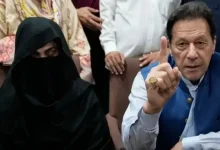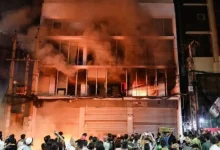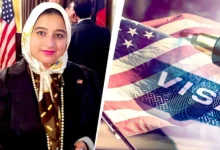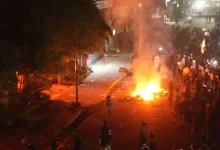‘I Don’t Wanna Say I Did It, But I Helped’: Donald Trump Changes Tune on India-Pakistan Ceasefire
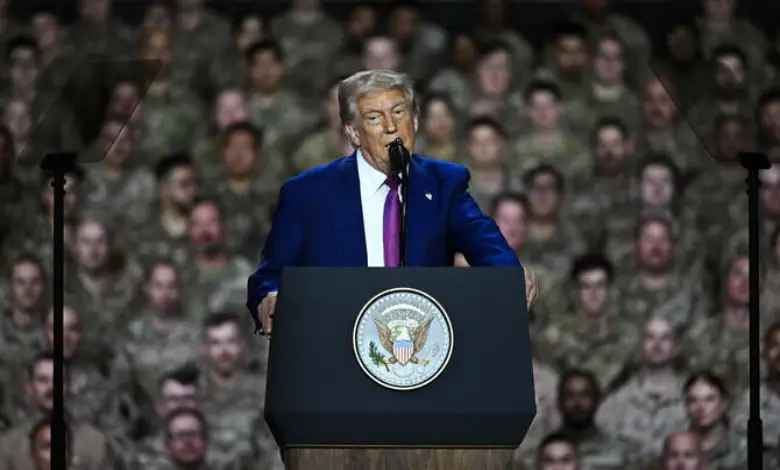
After repeatedly asserting that he played a key role in negotiating the recent ceasefire between India and Pakistan, U.S. President Donald Trump appeared to scale down his involvement during a public address on Thursday.
Speaking to American troops stationed in Qatar, Trump remarked, “I don’t wanna say I did, but I sure as hell helped settle the problem between Pakistan and India last week,” referencing the growing hostility that followed a terrorist attack in Pahalgam. He continued, “You’ll start seeing missiles of a different type, and we got it settled… I hope I don’t walk out of here and two days later find out that it is not settled, but I think it is settled.” Trump added, “I could settle anything. Let me settle it up. Let’s get them all together.”
This softer tone contrasts with Trump’s earlier claims made shortly after the ceasefire was announced on Sunday. Posting on his social media platform, Truth Social, Trump had stated that the truce resulted from a “long night of talks mediated by the United States,” congratulating both countries for exercising “common sense and great intelligence.” He publicly credited U.S. Senator Marco Rubio and Vice President JD Vance for their involvement, even suggesting the two South Asian nations could “have a nice dinner together.”
In the days that followed, Trump reiterated his administration’s role, describing the ceasefire as a diplomatic triumph that helped avoid a potential nuclear conflict. He emphasized that trade incentives and pressure had been instrumental in persuading both sides to de-escalate. On Wednesday, he again claimed his administration had “brokered” the agreement, stating, “Let’s not trade nuclear missiles. Let’s trade the things that you make so beautifully.”
However, the Indian government swiftly and categorically rejected these assertions. In a detailed six-point statement, India’s Ministry of External Affairs denied any U.S. mediation or trade leverage in the ceasefire process. Officials clarified that the agreement was reached solely through direct communication between the Directors General of Military Operations of India and Pakistan, without any involvement from the United States.
India also dismissed the notion of third-party mediation on the Kashmir issue. The external affairs ministry reaffirmed that discussions with Pakistan would remain strictly bilateral, reiterating a long-standing national policy.
Responding to Trump’s claims, Indian Prime Minister Narendra Modi, in a national address, made no mention of U.S. mediation but emphasized that dialogue with Pakistan would be limited to issues of terrorism and the return of Pakistan-Occupied Kashmir. “India will only engage with Pakistan on two issues, terrorism and the return of PoK,” Modi stated.
External Affairs Minister S. Jaishankar echoed this stance on Thursday, asserting, “Our relations and dealings with Pakistan will be strictly bilateral. That is a national consensus for years, and there is absolutely no change in that.” He added that any suggestion of trilateral involvement or trade-based negotiation was unfounded.
In a separate statement, the ministry clarified that no trade discussions occurred during diplomatic engagements with the U.S. surrounding the military tensions. “The issue of trade did not come up in any of these discussions,” the statement read, referring to the period between May 7 and May 10, during which Operation Sindoor unfolded and the ceasefire was established.
As India holds its position firm, Trump’s more restrained comments signal a possible retreat from his initial portrayal of the U.S. as a central mediator in the South Asian ceasefire.

